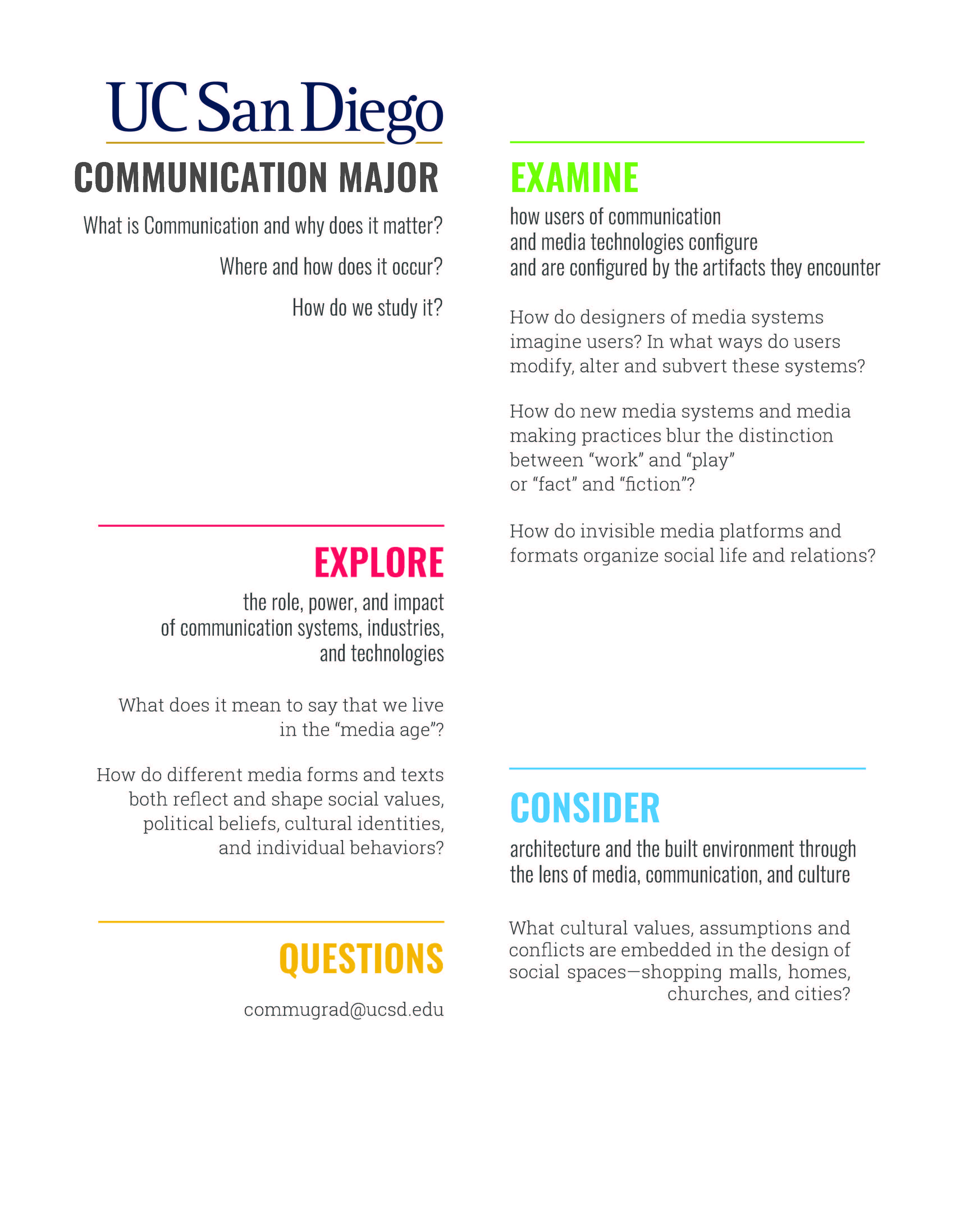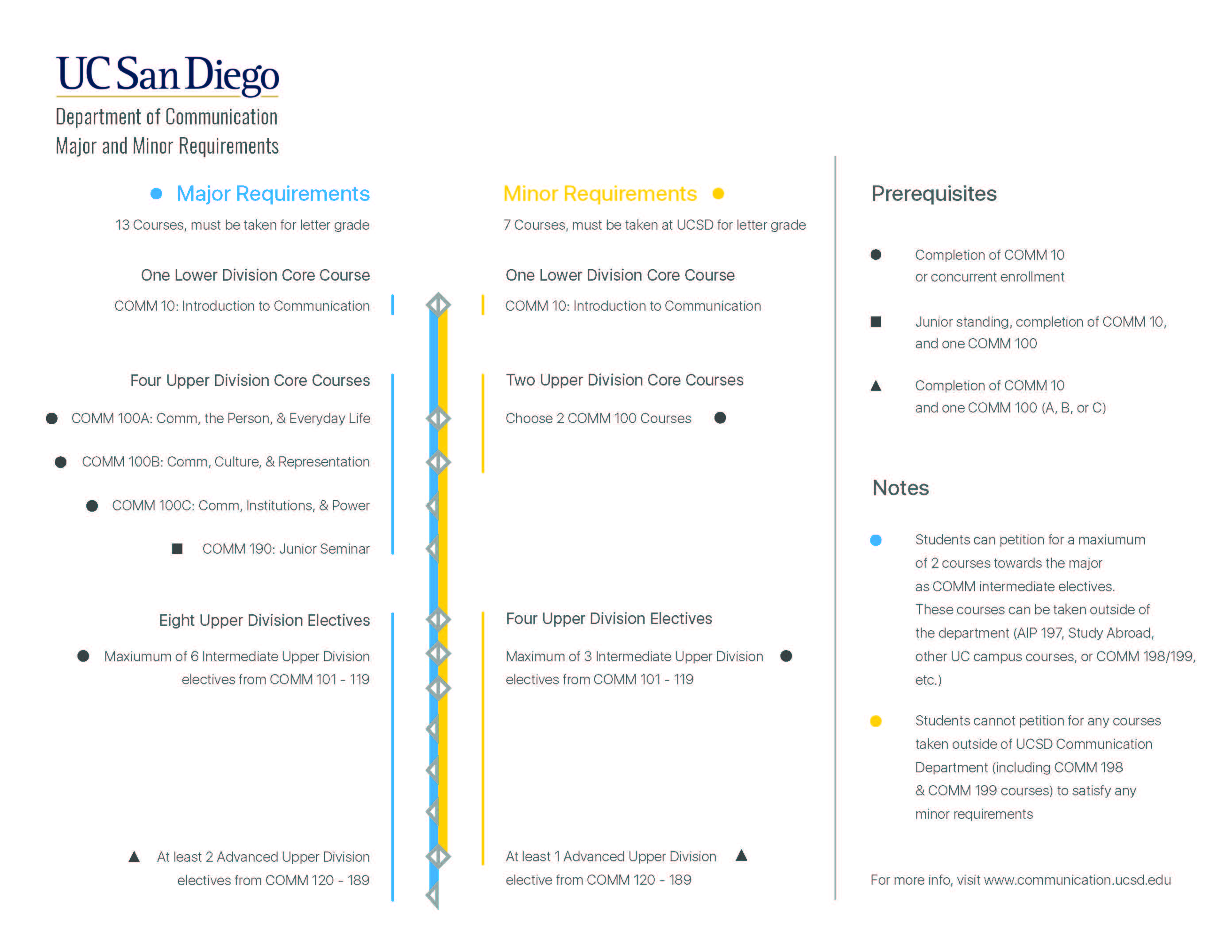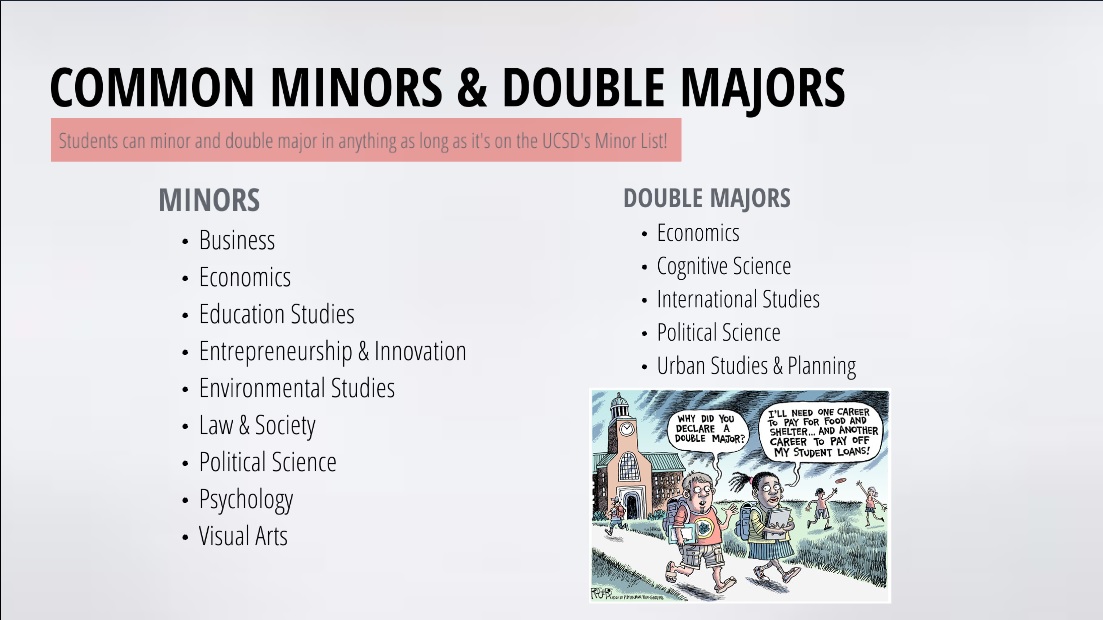
Communication occupies an especially exciting position in contemporary scholarship and education. We have seen over the past generation the emergence of new media forms as fundamental to the fabric of our social, economic, scientific, and cultural life as was the invention of the printing press in the 15 century. The ever-expanding centrality of information technology and communication industries; the mass migration of social interactions to the digital world; the substitution of mass media for other institutions of socialization and intermediation; the life-altering impact of globalization, which makes mediated relationships across distance and community boundaries increasingly important; and the growing attention to how built and digital environments assume and shape as well as foster particular forms and practices of life - all have motivated increased attention across the social sciences and humanities to mass media, information technology, and processes of mediation. The "linguistic turn" in many disciplines, subsequently broadened to include visual and other discourses, have similarly increased the centrality of our discipline and the range of its connections to other fields.
As you traverse our website, the department’s unusual approach to the field of Communication will undoubtedly become apparent. Our faculty come from fields across the Social Sciences and Humanities and bring multiple disciplinary traditions and methodologies to bear in the study of communication as an institutional, technological, cultural, architectural, and cognitive phenomenon, inextricably anchored in and shaped by questions of democracy, diversity, social justice, and social change.
What this means for our undergraduates majoring in Communication is a more theoretically-oriented investigation of how discourses, communication infrastructure, media institutions, and the spatial dimensions of human activity together shape economic, political, and cultural life.
Although we do not provide pre-professional training in journalism, advertising, public relations, or business communication, our curriculum is nevertheless rich in hands-on learning opportunities for students interested in designing and producing media, conducting fieldwork, or bridging the university- community divide through participation at a number of our faculty directed, regionally-based labs and community-based sites. Students in Communication can expect to graduate with analytical tools applicable to a variety of careers, not only in the industry sectors traditionally categorized as “Communication,” such as journalism, broadcasting, advertising, and marketing, but in other fields where communication systems and processes are increasingly central, for example, government and public policy, law, business and non-profit organizations.

CONGRATULATIONS ON YOUR ADMISSION TO UCSD AND WELCOME TO THE COMMUNICATION MAJOR!
Communication at UC San Diego is a field of study that emphasizes the role of technologies and institutions of communication, from language to television, to the Internet and beyond, in mediating human experience. It draws from such social science disciplines as anthropology, psychology, sociology, and political science, and from the humanities and fine arts, including theatre, literature, and visual arts. Communication students will develop a critical awareness of the communicative forces that affect their everyday lives.
The Communication major at UC San Diego is not designed as a training program in advertising, journalism, production, or public relations. It provides students with a solid liberal arts background necessary for graduate studies in communication and other disciplines, and for professional work in a number of communication-related fields, including primary and secondary education.
Your Communication Major Advising Team
Undergraduate academic advising at UCSD is shared by two sets of advisors.
Your College Advising Office provides guidance and support on University and College requirements, including:
-- College General Education Requirements (IGETC, TAG, writing courses) -- Quarter by quarter planning for College GE & University requirements -- Petition course for general education requirements -- University policies -- Graduation and unit requirements -- Review petitions and forms, including: study abroad, financial aid, VA forms, International Center forms, student athlete forms -- Verify completion of college and university requirements for graduation
Your Communication Department Advising Team is available to assist you with questions specific to the COMM major / minor, including:
-- Major / minor requirements
-- Petitioning a course for credit towards a major/minor requirement
-- Review petitions and forms, including: study abroad, financial aid, VA forms, student athlete forms, double major petitions
-- Communication Department Honors Program
-- Verify completion of COMM major / minor requirements for graduation
Students will be able to ask their College and Major Advising Teams questions through New Triton Advising Portal starting August 8, 2024.
Resources to Help You Visualize the Communication Major
What Will I Learn in the Communication Major?
COMM Major Requirements
COMM Elective Courses by Area of Interest
Common Careers for COMM Majors
Your First Year Course Plan
As a first-year student, most of your early planning as a newly admitted student will involve working closely with your College Advising Team. They will advise you on your courses in your first year, with a focus on General Education courses and College requirements.
You can plan to enroll in COMM courses in your second (Sophomore) year, starting with COMM 10 (Introduction to Communication). COMM 10 is required for the major, and is a prerequisite course for upper division Communication courses.
Quarter by Quarter Plan for New First Year Students (4 Year Plan)
More Communication Major Information
Students are encouraged to consider all of the programmatic options that the COMM major supports, including Study Abroad, Academic Internships, the Speech and Debate Team, and the Communication Department Honors Program. The Undergraduate Communication Society also welcomes you!
Bookmark our COMM UG Newsletter for announcements of interest to COMM majors, including events, internships and jobs, scholarship opportunities, and more!
CONGRATULATIONS ON YOUR ADMISSION TO UCSD AND WELCOME TO THE COMMUNICATION MAJOR!
Communication at UC San Diego is a field of study that emphasizes the role of technologies and institutions of communication, from language to television, to the Internet and beyond, in mediating human experience. It draws from such social science disciplines as anthropology, psychology, sociology, and political science, and from the humanities and fine arts, including theatre, literature, and visual arts. Communication students will develop a critical awareness of the communicative forces that affect their everyday lives.
The Communication major at UC San Diego is not designed as a training program in advertising, journalism, production, or public relations. It provides students with a solid liberal arts background necessary for graduate studies in communication and other disciplines, and for professional work in a number of communication-related fields, including primary and secondary education.
Your Communication Major Advising Team
Undergraduate academic advising at UCSD is shared by two sets of advisors.
Your College Advising Office provides guidance and support on University and College requirements, including:
-- College General Education Requirements (IGETC, TAG, writing courses) -- Quarter by quarter planning for College GE & University requirements -- Petition course for general education requirements -- University policies -- Graduation and unit requirements -- Review petitions and forms, including: study abroad, financial aid, VA forms, International Center forms, student athlete forms -- Verify completion of college and university requirements for graduation
Your Communication Department Advising Team is available to assist you with questions specific to the COMM major / minor, including:
-- Major / minor requirements
-- Petitioning a course for credit towards a major/minor requirement
-- Review petitions and forms, including: study abroad, financial aid, VA forms, student athlete forms, double major petitions
-- Communication Department Honors Program
-- Verify completion of COMM major / minor requirements for graduation
Students will be able to ask their College and Major Advising Teams questions through New Triton Advising Portal starting August 8, 2024.
We encourage you to review in advance of your College's orientation in August:
FALL QUARTER ENROLLMENT IN COMM COURSES
An Enrollment Guidance page with placement information and academic resources will be viewable to students on August 7, 2024.
FIRST ENROLLMENT PASS
Enroll in 2 Communication courses:
Course #1:
- On the first day of your first enrollment pass, enroll in COMM 10 (Introduction to Communication)
- Note: COMM 10 may look full if you look at the online Schedule of Classes before transfer orientation in August, but we are saving seats for transfer COMM majors to enroll.
- If you are not able to enroll during first pass, enroll in the course on the first day of your second pass.
Course #2:
- On the first day of your first enrollment pass, enroll in COMM 100A (Communication, the Person, and Everyday Life)
- Note: COMM 100A may look full if you look at the online Schedule of Classes before transfer orientation in August, but we are saving seats for transfer COMM majors to enroll.
- If you are not able to enroll during first pass, enroll in the course on the first day of your second pass.
SECOND ENROLLMENT PASS
Course #3:
- One Intermediate COMM Course (COMM 101 - 119)
- Once you are enrolled (not waitlisted) in COMM 10, submit an Enrollment Authorization System (EASy) request to enroll in a specific Intermediate Elective (COMM 101 - 119).
- Once your EASy request has been approved, return to WebReg and enroll in the Intermediate Elective course you requested.
and/or Course #4:
- Choose a remaining college requirement course (if any) or a course of interest from a different department.
The department recommends that transfer students enroll in no more than 3 Communication courses in their first quarter.
More Communication Major Information
Students are encouraged to consider all of the programmatic options that the COMM major supports, including Study Abroad, Academic Internships, the Speech and Debate Team, and the Communication Department Honors Program. The Undergraduate Communication Society also welcomes you!
Bookmark our COMM UG Newsletter for announcements of interest to COMM majors, including events, internships and jobs, scholarship opportunities, and more!
First-Year Students
A first-year applicant is currently in high school or has graduated from high school but has not enrolled in a regular (non-summer) session at a college or university. If you've completed college courses during high school (through summer after graduation), you're still considered a first-year applicant. Please visit UCSD's Office of Undergraduate Admissions First-Year Students webpage for more information.
Transfer Students
A transfer applicant has been enrolled in a regular session at a college or university after high school, excluding summer sessions. UC San Diego enrolls transfer students at the junior level. 32% of our undergraduate class are transfer students: free thinkers and creative nonconformists from all over the globe who converge on our campus to shatter the limitations of "ordinary." Please visit UCSD's Office of Undergraduate Admissions Transfer Students webpage for more information.


